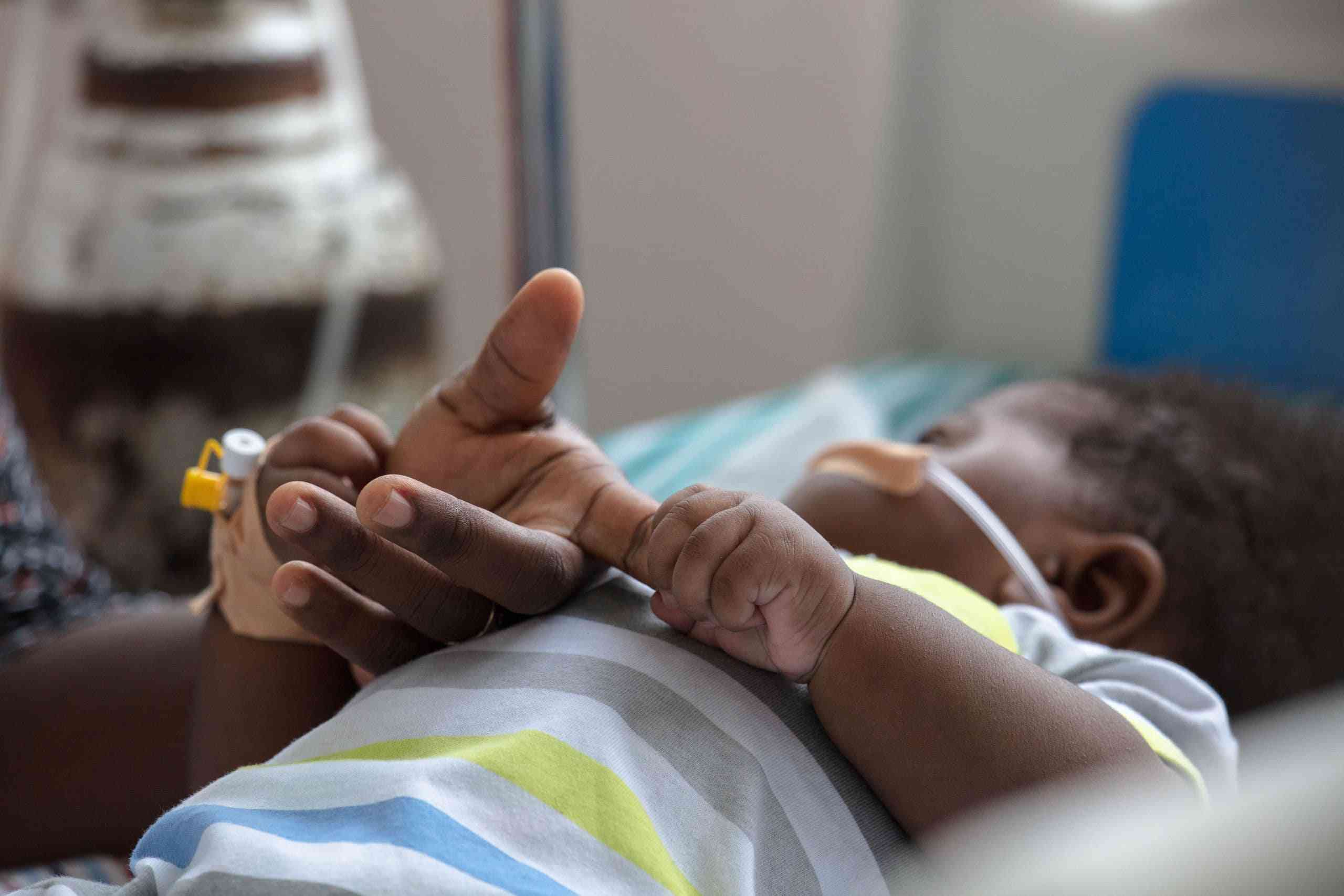
Elsewhere in this edition, we report on a worrisome development in our hospitals where many children are dying soon after birth from causes that are avoidable.
The disturbing reality of neonatal deaths in Zimbabwe demands urgent attention and collective action. Behind the stark statistics, countless families are grieving the loss of their newborns, and the nation is failing to safeguard its most vulnerable citizens.
The recent revelation that at least one baby dies every day during childbirth in Zimbabwe's public hospitals is a stark indictment of our crumbling healthcare system.
This crisis is not solely a healthcare issue but a reflection of our society's values and priorities. Zimbabwe's underfunded and understaffed healthcare system, exacerbated by years of neglect and brain drain, has transformed hospitals into sites of despair rather than sanctuaries of hope.
Rural areas bear the brunt, where traditional birth attendants, lacking necessary skills, are often the only option. Cultural and social factors perpetuate maternal deaths, while inadequate infrastructure and equipment hinder timely interventions.
We cannot ignore the human cost of these statistics. Each lost life represents a shattered dream, a devastated family, and a community's eroding trust in the healthcare system.
The government must take decisive action, beginning with prioritising healthcare funding instead of allocating the lion’s share of the national budget towards buying arms of war.
A government of the people must seriously consider allocating sufficient resources to revamp medical infrastructure, equip hospitals adequately and put money towards retaining medical professionals.
- Mavhunga puts DeMbare into Chibuku quarterfinals
- Bulls to charge into Zimbabwe gold stocks
- Ndiraya concerned as goals dry up
- Letters: How solar power is transforming African farms
Keep Reading
Instead of focusing national attention towards vain political ambitions and sponsoring 2030 power-retention agendas, national resources must be deployed towards efforts to implement WHO-recommended strategies to save lives.
A government of the people should priorities the health of its citizens and not only recognise the existence of villagers during election time. More government money must be used to enhance rural healthcare; establishing mobile clinics, birthing kits and training programs for traditional birth attendants.
Civil society, healthcare professionals and communities must all unite to advocate for policy changes and demand increased funding and better resource allocation.
Zimbabwe's future depends on its ability to protect its most vulnerable citizens. We must confront this silent crisis head-on, acknowledging the systemic failures and collective responsibility.
The lives of Zimbabwe's newborns hang in the balance. We owe it to them, their families, and our nation's conscience to act decisively.
The time for change is now.










